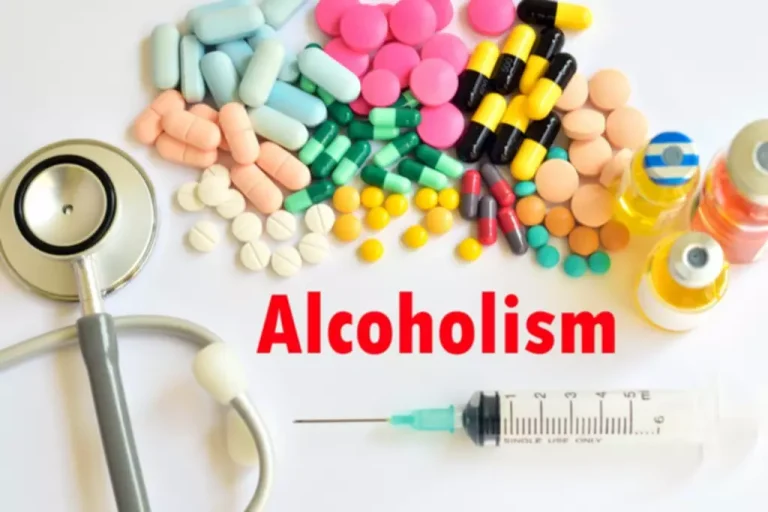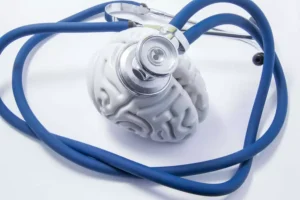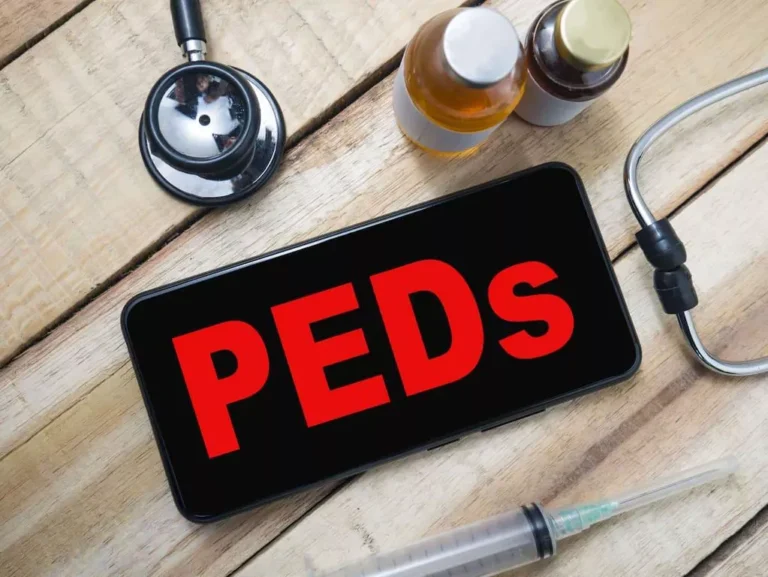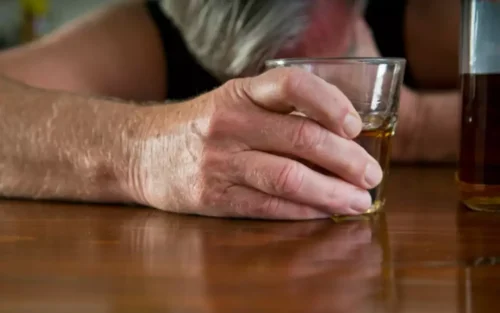
Depression can also be directly caused by alcohol in the case of a substance-induced disorder. Individuals diagnosed with clinical depression should be extremely cautious when it comes to using substances such as alcohol. According to Kennedy, for those taking antidepressants, combining them with alcohol can reduce their efficacy. Alcohol is frequently used to numb uncomfortable emotions and can become a habitual pattern that disrupts the natural balance of neurotransmitters in the brain. Brie graduated as a high school valedictorian with a major in Health Technologies and continued her studies at Springfield Technical Community College with a focus on healthcare.
Temporary Weight Gain After Drinking Alcohol: What’s Going On There?
- Brie graduated as a high school valedictorian with a major in Health Technologies and continued her studies at Springfield Technical Community College with a focus on healthcare.
- Mood swings can happen for many reasons and do not always indicate a serious health problem.
- It’s also true that people with severe mental illness are more likely to have alcohol problems.
- In the college environment, alcohol misuse is common and frequently results in negative consequences ranging from minor social and academic problems to severe injury and death (Hingson, Zha, & Weitzman, 2009; Wechsler, Lee, Kuo, & Lee, 2000).
- On the other hand, if an individual has unprotected sex while abusing alcohol, they are at a higher risk of developing sexually-transmitted diseases or becoming pregnant.
- By recognizing these signs, you’ll be better equipped to offer your loved one compassion and support.
Descriptive statistics and bivariate correlations are listed in Tables 1 and and2,2, respectively. Men tended to be older, endorsed more alcohol use, and higher dependence symptoms. Urgency was positively correlated with coping and enhancement motives, alcohol use, and dependence symptoms, and inversely correlated with age. Emotional instability was positively correlated with both motives and with dependence symptoms, but not with alcohol use. Finally, alcohol use and dependence symptoms were positively correlated.
Alcohol and mental health

When individuals drink as a coping mechanism it leads to the development of short-term physical and mental issues. In other words, excessive use of alcohol may create negative consequences. Also, the excessive abuse of alcohol over a long period creates long-term consequences. One of these consequences may include alcohol-induced mood swings, otherwise referred to as “alcoholic mood swings”. It could make it difficult to determine if people have independent psychiatric conditions that existed before they started drinking and if they’re using alcohol as a way to cope with these conditions.
Treatment Options and Resources for Emotional Recovery
Another study explored the relationship between Posttraumatic Stress Disorder (PTSD), alcohol use, and violence (Blakey et al., 2018). This was a massive study of 33,215 individuals with no history of active military combat. An increase in anger after trauma and the use of alcohol to cope with PTSD symptoms were stronger predictors of physically aggressive or violent acts than a lifetime diagnosis of PTSD without anger.
Addiction Treatment Programs
Other people may notice changes in mood or activity, while the person with hypomania may not. They may seem anxious or excited one moment, then feel angry or restless the next. These mood swings often happen when a person feels distracted or when they are struggling to pay attention.


Plus, if you aren’t happy with your therapist, they make switching easy – something I was unable to do without a lot of time and research with in-person therapists. I did counseling with BetterHelp when I first moved back to the US from overseas and had a really positive experience with it. If you sign up with my link, you can receive 10% off your first month.
- « Chronic alcohol consumption can increase the risk of depression, dementia, cirrhosis of the liver, cancer, high blood pressure, seizures, and stroke, so be mindful of your consumption habits, » says Dr. Willeumier.
- Contact us today and begin your transformative journey toward lasting recovery.
- If you have a natural tendency to be angry, drinking alcohol may cause you to become aggressive.
- All of the information on this page has been reviewed and verified by a certified addiction professional.
- John understands first hand the struggles of addiction and strives to provide a safe environment for clients.

Attention deficit hyperactivity disorder (ADHD) is a condition that affects a person’s attention span and executive function. They may struggle to pay attention, have trouble organizing their thoughts, or hyperfocus on certain activities. The condition may also cause hyperactivity, difficulty listening, interrupting, or excessive talking. « Cells are living beings, alcoholism and anger and if you want to fix the issue of depression at the level of the cells, they cannot be inebriated, » says Taylor. « Alcohol makes us feel drunk and confused because alcohol makes the cells drunk and nonfunctional. » « In our society alcohol is readily available and socially acceptable, » says Jill Bolte Taylor, PhD, author of Whole Brain Living, explains.
If a health professional has diagnosed you with anger management problems, you may find these get worse when you drink. Alongside quitting alcohol, you could benefit from attending https://ecosoberhouse.com/ an anger management support group. Typically, support groups have professional leaders, like social workers or psychologists, so you can ensure you’re getting expert advice.
- Wernicke-Korsakoff syndrome (WKS) is a perfect example of how alcohol affects the brain and eventually, an individual’s mood.
- Anger is an emotion made up of many different feelings like dissatisfaction, displeasure, hurt, and frustration.
- Second, all study variables were collected via self-report and the effect of potential reporting biases are unknown.
- Some individuals exhibit “trait anger,” a personality trait that means they continually look for triggers that make them angry.
The Effects of Alcohol-Related Aggression

If you recognize your own behavior in the description of intermittent explosive disorder, talk with your doctor or other health care professional about treatment options. Specifically, it found that problematic drinkers may be more likely to attend to aggressogenic stimuli while intoxicated, and that is, they were more likely to experience certain cues as aggressive. Many people may naturally become angry or upset when drinking, but it’s not necessarily their fault.
Aggression refers to a range of behaviors that can result in both physical and psychological harm to yourself, others, or objects in the environment. This point is easier said than done, but you can achieve it with help from a treatment program. If you think about it, a crucial part of being aggressive when intoxicated is lacking self-awareness. Those who don’t think about the consequences of their actions are more likely to adversely affect themselves and others. Additionally, when you don’t reflect on mistakes you’ve made, you’ll probably repeat them.